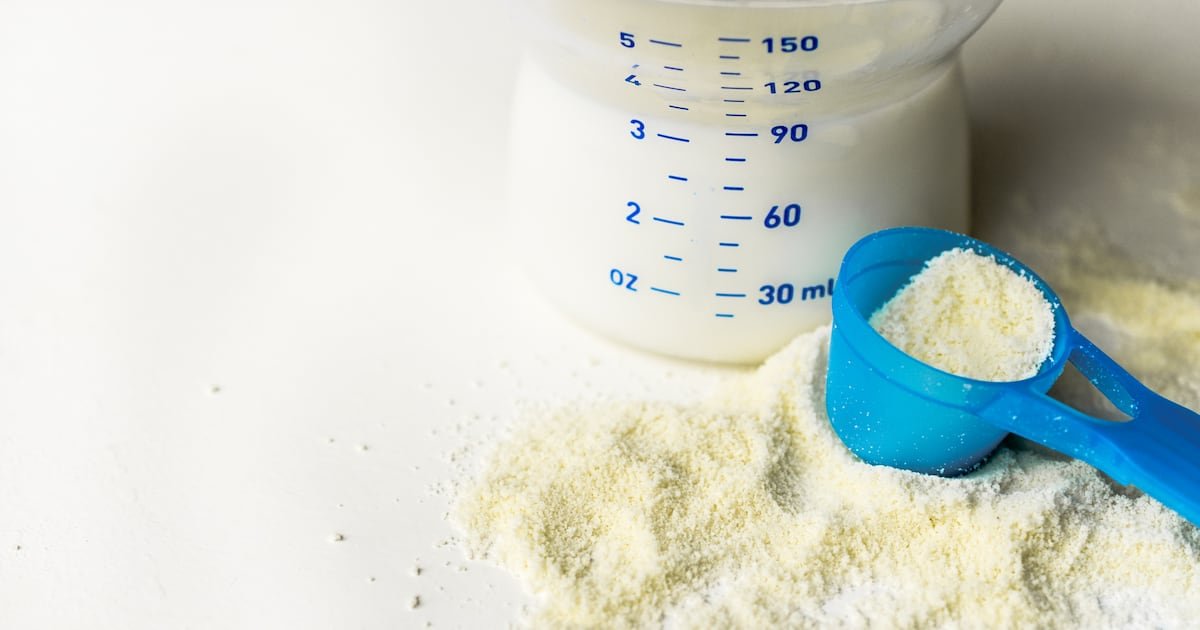FDA’s Operation Stork Speed aims to improve product recall communications for infant formula
FDA is urging manufacturers of infant formula, baby food and children’s nutrition products to sharpen their recall communications and adopt “radical transparency” in an effort to better protect the country’s youngest consumers, FDA Commissioner Marty Makary recently stated.
The agency’s July 9 announcement falls under a new initiative dubbed Operation Stork Speed, which aims to improve how the public learns about product recalls for infants and children. As part of the push, the FDA will create a centralized, consumer-oriented webpage on FDA.gov.
“Today I am asking food industry leaders to join me in my commitment to radical transparency, with a focus on ensuring the safety and wellbeing of infants and children,” said Makary. “Protecting our most vulnerable is not just a moral duty – it is our responsibility. For many children, infant formula is their only source of nutrition. That’s why it’s vital that we use every tool at our disposal to enhance recall communication about these products and other foods for children.”
A response to past failures – and pressure to act
The move follows several years of heightened scrutiny and fallout after major formula recalls and contamination incidents.
In 2022, Abbott Nutrition’s Sturgis, Mich., facility shut down following Cronobacter sakazakii contamination linked to infant illness and death, contributing to a nationwide formula shortage that exposed weaknesses in both supply chains and federal oversight.
Earlier this year, FDA announced its focus to restore trust and stability in the formula market with a strategic overhaul of how these products are regulated and manufactured. This includes a focus on modernizing production standards and increasing the number of suppliers and manufacturing sites to avoid over dependence on a single player.
FDA Deputy Commissioner for Human Foods Kyle Diamantas emphasized in the same July 9 statement that Operation Stork Speed “builds on that momentum” by improving how safety information is shared with caregivers.
“We look forward to working with industry to increase public awareness of recalls involving infant formula, baby foods and other foods intended for children,” he said.
Elevated standards but lingering concerns
Even as the agency sets new rules, some experts argue the FDA is not going far enough. For example, the agency finalized guidance in January on acceptable levels of lead in baby food products, but critics said those caps still allow too much lead exposure in those formative years. According to FDA’s guidance, one study reported 90% of all processed food samples contained lead levels below 10 ppb, while another suggested that 94% of the samples fell below the cap.
Pediatric nutrition advocates and scientists raised concerns that the FDA’s thresholds, while a step forward, do not reflect the latest toxicology research or fully account for collective exposure risk.
Still, the FDA has shown willingness to approve new ingredients for infant nutrition. In June, it greenlit OmniActive’s Lutemax Free Lutein for use in infant formula to support visual and cognitive development – marking an example of where the agency sees potential for innovation.


